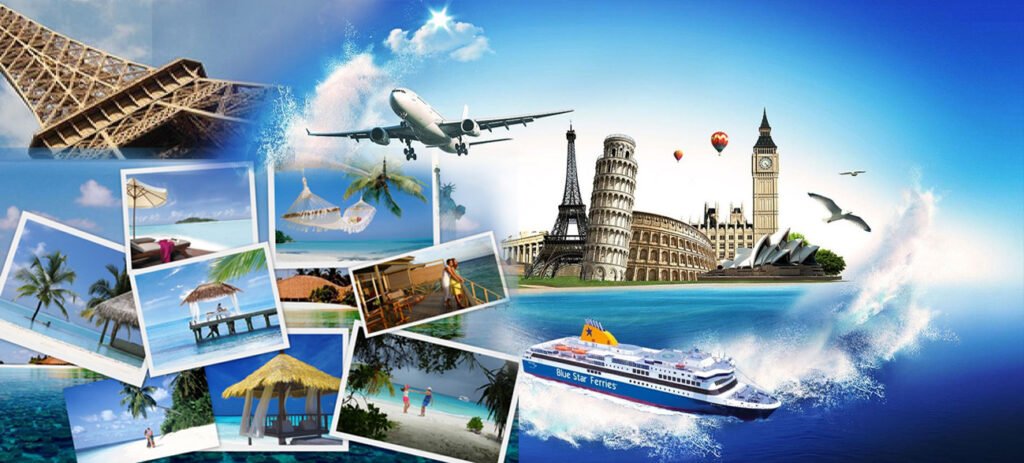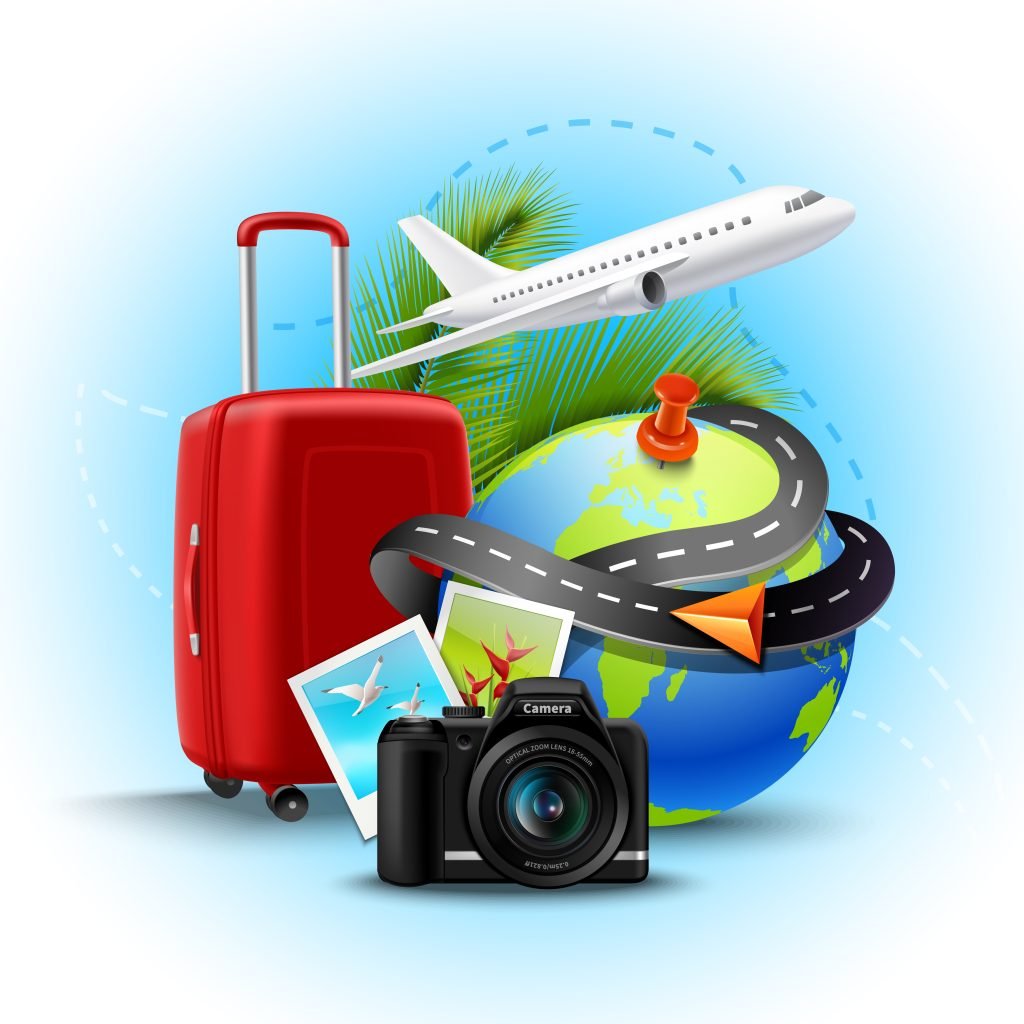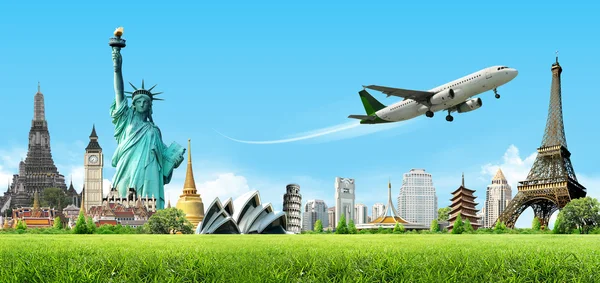Jika Anda baru mengenal dunia judi online, 818XBET adalah pilihan yang tepat untuk memulai. Dengan antarmuka yang ramah pengguna, berbagai jenis permainan yang menarik, dan layanan pelanggan yang siap membantu, 818XBET memudahkan pengguna baru untuk mulai menikmati pengalaman judi online. Panduan ini akan membantu Anda untuk memahami cara bergabung, memilih permainan, melakukan transaksi, dan memanfaatkan berbagai fitur yang ditawarkan oleh platform ini.
Apa Itu 818XBET?
818XBET adalah platform judi online yang menyediakan berbagai jenis taruhan, mulai dari olahraga, permainan kasino, hingga taruhan e-sports. Situs ini didesain dengan tujuan untuk memberikan pengalaman bermain yang aman, mudah diakses, dan tentunya menguntungkan bagi para pemainnya. Dengan berbagai pilihan permainan dan bonus yang menggiurkan, 818XBET terus berkembang dan menjadi pilihan banyak pemain judi online di Indonesia.
Bagi Anda yang baru ingin mencoba peruntungan di 818XBET, berikut adalah panduan lengkap untuk memulai.
Langkah-langkah Pendaftaran di 818XBET
Pendaftaran di 818XBET sangat mudah dan hanya memerlukan beberapa langkah sederhana. Berikut adalah cara untuk mendaftar sebagai pengguna baru:
- Kunjungi Situs Resmi 818XBET
Langkah pertama adalah membuka situs resmi 818XBET melalui browser di perangkat Anda. Pastikan Anda mengakses situs yang benar untuk menghindari penipuan. - Klik Tombol Daftar
Setelah situs terbuka, cari tombol “Daftar” yang biasanya terletak di sudut kanan atas halaman utama. Klik tombol tersebut untuk memulai proses pendaftaran. - Isi Formulir Pendaftaran
Anda akan diminta untuk mengisi formulir pendaftaran dengan informasi pribadi seperti:- Nama lengkap
- Alamat email yang aktif
- Nomor telepon
- Kata sandi yang aman
Pastikan semua informasi yang Anda masukkan akurat agar akun Anda dapat diverifikasi dengan mudah.
- Verifikasi Akun Anda
Setelah Anda mengisi formulir pendaftaran, 818XBET akan mengirimkan email atau SMS dengan kode verifikasi. Masukkan kode tersebut di halaman pendaftaran untuk mengaktifkan akun Anda. - Setujui Syarat dan Ketentuan
Sebelum melanjutkan, pastikan Anda membaca dan menyetujui syarat dan ketentuan yang berlaku di 818XBET. - Selesai
Setelah akun Anda berhasil diverifikasi, Anda sudah bisa mulai mengakses semua fitur yang tersedia di platform 818XBET. Anda dapat mulai bermain setelah melakukan deposit ke akun Anda.
Cara Melakukan Deposit dan Penarikan di 818XBET
Setelah berhasil mendaftar, langkah berikutnya adalah melakukan deposit agar Anda bisa mulai bermain. Berikut adalah cara untuk melakukan deposit di 818XBET:
- Login ke Akun Anda
Gunakan username dan kata sandi yang telah Anda buat untuk masuk ke akun Anda. - Pilih Metode Pembayaran
818XBET menyediakan berbagai metode pembayaran, termasuk transfer bank, e-wallet seperti OVO, DANA, GoPay, serta kartu kredit dan cryptocurrency. Pilih metode pembayaran yang paling sesuai dengan kenyamanan Anda. - Lakukan Deposit
Setelah memilih metode pembayaran, masukkan jumlah deposit yang ingin Anda lakukan dan ikuti petunjuk untuk menyelesaikan transaksi. Proses deposit umumnya cepat, dan saldo Anda akan langsung ditambahkan ke akun. - Penarikan Dana
Jika Anda sudah memenangkan taruhan dan ingin menarik dana, Anda bisa melakukan penarikan melalui metode pembayaran yang sama dengan yang Anda gunakan untuk deposit. Pastikan Anda memeriksa batas penarikan dan waktu yang dibutuhkan untuk proses ini. Biasanya, penarikan dilakukan dalam waktu yang relatif singkat, tergantung pada metode pembayaran yang dipilih.
Memilih Permainan di 818XBET
818XBET menawarkan berbagai jenis permainan yang dapat Anda pilih sesuai dengan minat dan preferensi Anda. Berikut adalah beberapa kategori permainan yang tersedia:
- Taruhan Olahraga
818XBET menawarkan taruhan pada berbagai cabang olahraga populer, mulai dari sepak bola, basket, tenis, hingga balap kuda. Anda juga bisa memasang taruhan pada pertandingan yang sedang berlangsung melalui fitur live betting. Platform ini menawarkan odds yang kompetitif dan berbagai jenis taruhan, seperti taruhan tunggal, parlay, hingga taruhan atas/bawah. - Permainan Kasino
Bagi penggemar kasino, 818XBET menyediakan berbagai permainan klasik, termasuk:- Blackjack
- Baccarat
- Roulette
- Slot: Berbagai tema mesin slot dengan jackpot menarik.
Semua permainan ini dapat dimainkan secara langsung atau melalui versi virtual, memberikan pengalaman yang seru dan mendalam.
- E-sports
818XBET juga memberikan kesempatan bagi para penggemar game untuk memasang taruhan pada berbagai pertandingan e-sports. Permainan seperti Dota 2, CS:GO, League of Legends, dan banyak lainnya tersedia untuk taruhan.
Tips untuk Pengguna Baru di 818XBET
Bagi Anda yang baru memulai perjalanan judi online di 818XBET, ada beberapa tips yang dapat membantu meningkatkan pengalaman Anda:
- Pahami Permainan yang Anda Pilih
Sebelum mulai bertaruh, pastikan Anda memahami aturan dan strategi permainan yang ingin Anda mainkan. Ini akan membantu Anda membuat keputusan yang lebih baik dan meningkatkan peluang kemenangan Anda. - Mulailah dengan Taruhan Kecil
Jika Anda baru pertama kali bermain, sebaiknya mulai dengan taruhan kecil untuk memahami cara kerja permainan dan sistem taruhan. Setelah Anda merasa lebih nyaman, Anda bisa meningkatkan jumlah taruhan. - Manfaatkan Bonus dan Promosi
818XBET menawarkan berbagai bonus menarik, seperti bonus selamat datang, bonus deposit, cashback, dan banyak lagi. Pastikan Anda memanfaatkan semua promosi yang tersedia untuk meningkatkan saldo akun Anda dan mendapatkan lebih banyak peluang untuk menang. - Kelola Bankroll Anda dengan Bijak
Tentukan anggaran taruhan sebelum mulai bermain dan pastikan Anda tidak melebihi batas tersebut. Jangan tergoda untuk terus bermain jika Anda sudah mencapai batas anggaran Anda. - Bermain dengan Sabar dan Tenang
Perjudian bisa mengundang emosi, terutama saat Anda menang atau kalah besar. Cobalah untuk tetap bermain dengan tenang dan tidak terburu-buru dalam membuat keputusan.
Layanan Pelanggan 818XBET
Jika Anda menghadapi masalah atau memiliki pertanyaan, tim layanan pelanggan 818XBET siap membantu Anda kapan saja. Tim dukungan tersedia 24/7 dan dapat dihubungi melalui beberapa saluran, termasuk:
- Live chat: Dapat diakses langsung dari situs atau aplikasi.
- Email: Kirimkan pertanyaan atau masalah yang Anda hadapi melalui email.
- Telepon: Hubungi nomor yang disediakan untuk dukungan lebih cepat.
Layanan pelanggan 818XBET dikenal responsif dan siap memberikan solusi untuk setiap masalah yang Anda hadapi, menjadikan pengalaman bermain lebih lancar dan menyenangkan.
Keamanan dan Privasi di 818XBET
Keamanan adalah prioritas utama di 818XBET. Platform ini menggunakan teknologi enkripsi terbaru untuk melindungi data pribadi dan transaksi finansial para pemain. Selain itu, 818XBET juga memastikan bahwa semua permainan yang disediakan memiliki lisensi resmi dan adil, sehingga Anda bisa bermain dengan nyaman tanpa khawatir akan kecurangan.
Kesimpulan
818XBET adalah platform judi online yang sangat cocok untuk pengguna baru. Dengan proses pendaftaran yang cepat dan mudah, berbagai pilihan permainan yang menarik, serta layanan pelanggan yang responsif, 818XBET memberikan pengalaman bermain yang menyenangkan dan menguntungkan. Jangan lupa untuk memanfaatkan bonus dan promosi yang tersedia, serta selalu bermain dengan bijak dan mengelola bankroll Anda dengan baik.
Dengan mengikuti panduan ini, Anda akan siap memulai perjalanan judi online Anda di 818XBET dan menikmati segala kemudahan yang ditawarkan oleh platform ini. Semoga Anda beruntung dan dapat meraih kemenangan besar!





















